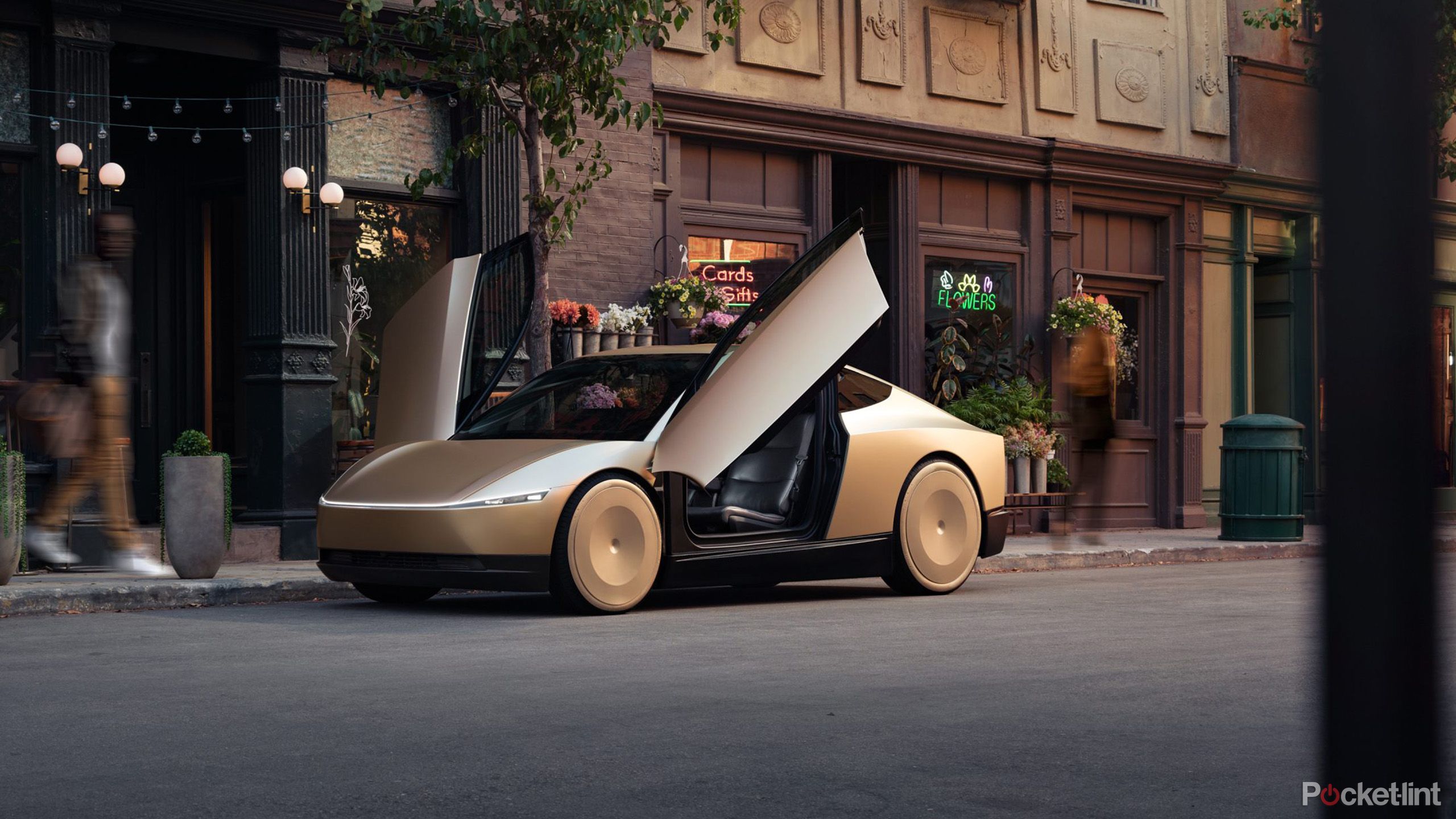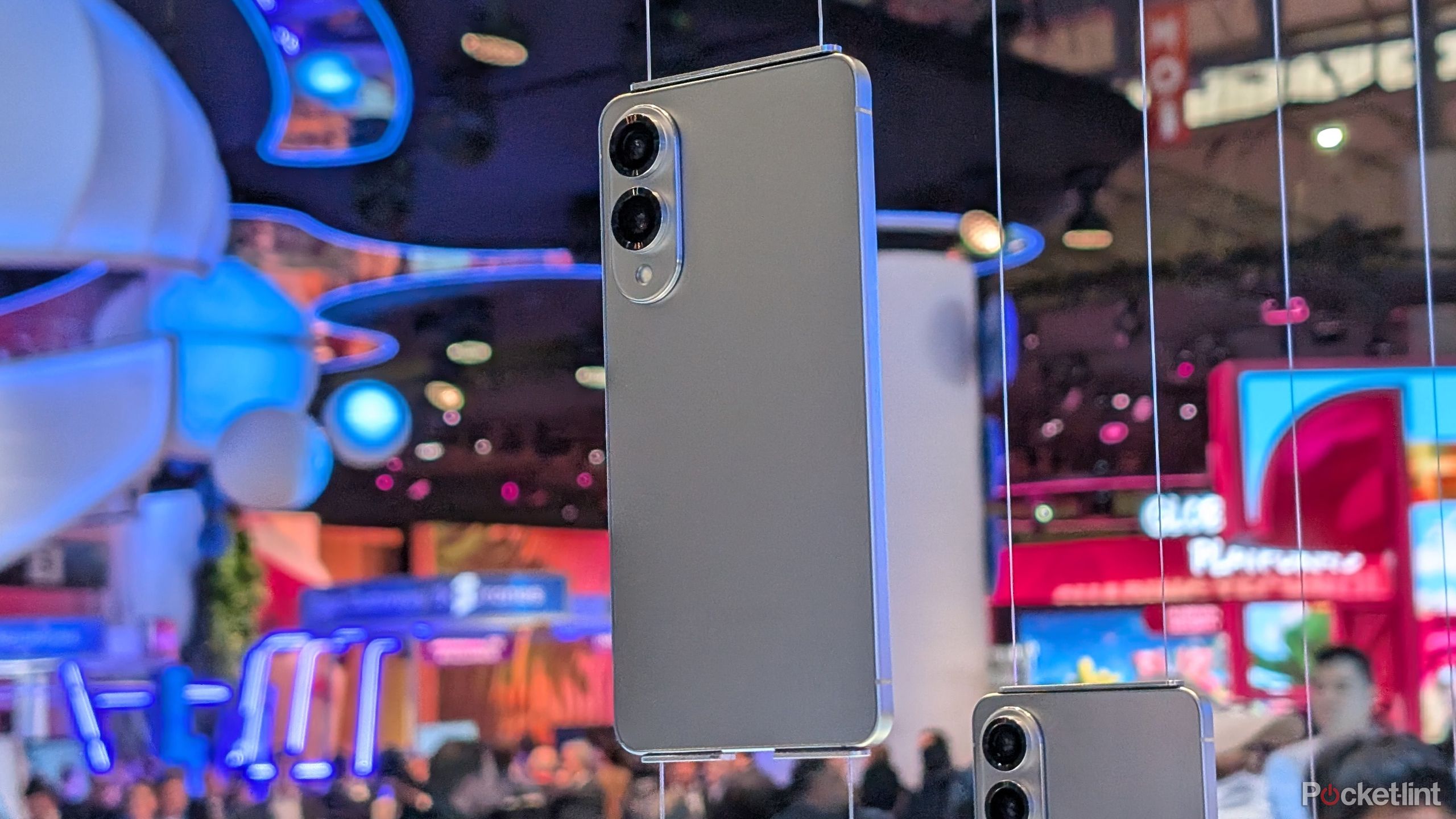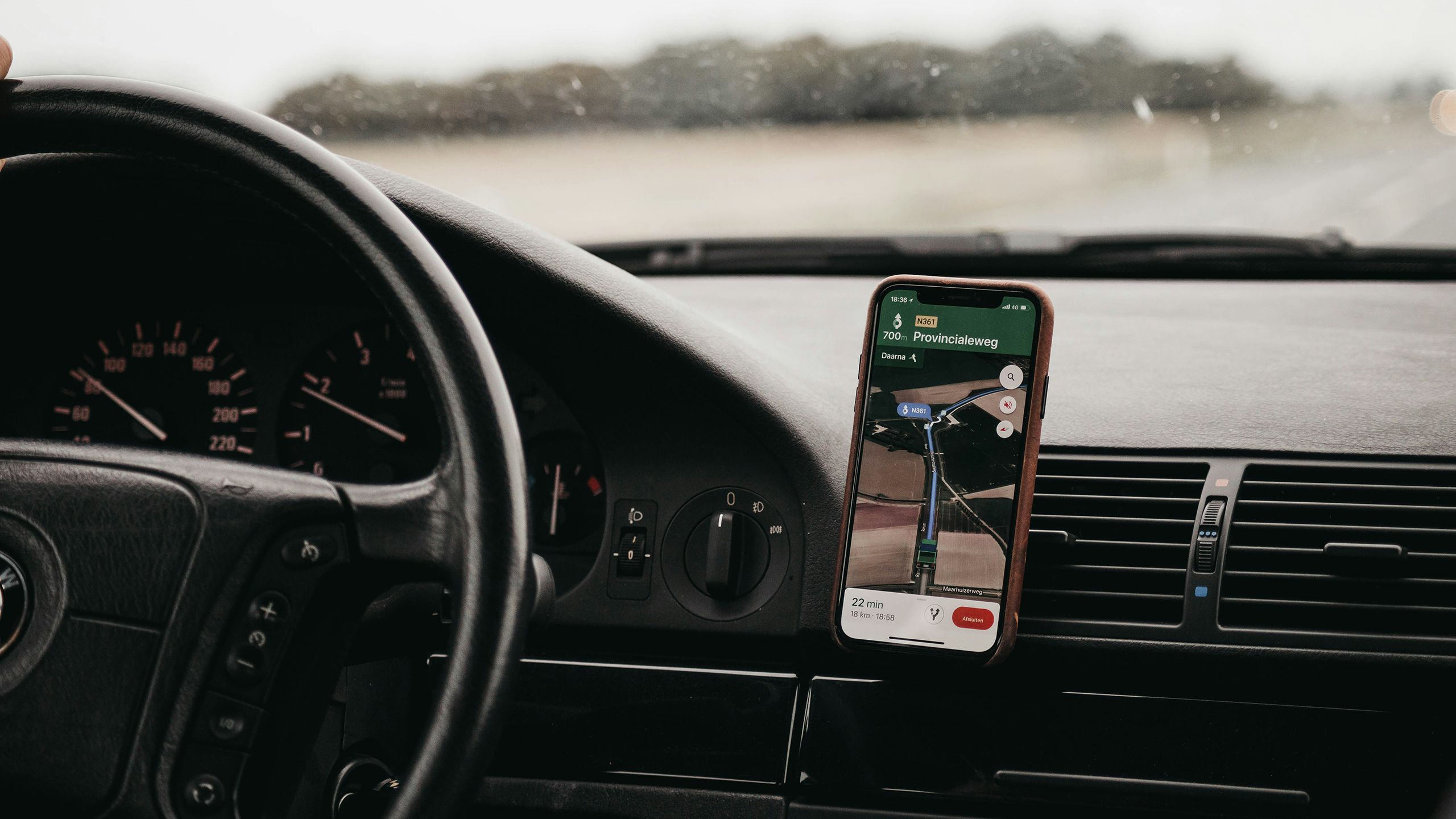Summary
- OnePlus is rumored to be working on a phone with a huge 7,800mAh silicon-carbon battery, beating many current battery life champions.
- Apple and Samsung, meanwhile, are reportedly going in the opposite direction, offering sub-par battery life for the iPhone 17 Air and Galaxy S25 Edge.
- That’s flying in the face of public demand, especially since thinness has actually become a liability for some phones, not an advantage.
I’ve always supported the idea of user-replaceable batteries in smartphones, but I do understand why it makes some sense to use non-replaceable ones beyond just the profits involved. A fully integrated one sometimes allows a phone to be more compact, or take on new and unusual form factors. By extension, this can also enhance power efficiency, since other components can be placed and sized more optimally.
A prime example of this may be a mysterious, upcoming OnePlus device, rumored to have a massive 7,800mAh battery (per Wccftech). That’s even larger than the 6,260mAh one in the
OnePlus 13T
, and it would absolutely smoke the 5,000 and 4,685mAH batteries in the
Galaxy S25 Ultra
and
iPhone 16 Pro Max
, respectively. In fact, given reports about Apple and Samsung’s upcoming ultra-slim phones, it sounds like it’s going to be up to companies like OnePlus to show the majors how to do batteries correctly.
Related
Is the iPhone 15 still worth buying in 2025? The answer is complicated
Possibly, but you shouldn’t get one straight from Apple.
What are Apple and Samsung doing wrong, exactly?
Form over function
I’ve touched on this recently, so I won’t go into the full details, but the short version is that Apple’s rumored
iPhone 17 Air
and Samsung’s teased
Galaxy S25 Edge
are each expected to sacrifice battery life to achieve maximum thinness. Indeed, the claim from The Information is that internal Apple testing estimates only 60 to 70% of people will be able to get through a full day without recharging — which is why the company is also rumored to be creating a new battery pack, despite having discontinued the MagSafe Battery Pack in 2023.
It’s rare for Apple to resurrect dead product lines.
The kicker is that both Apple and Samsung are likely using silicon-carbon battery technology, a recent upgrade of the lithium-ion batteries we see in everything from smartphones to
electric cars
and PEVs (personal electric vehicles). The major benefit is improved energy density — so you’d think that at a minimum, phone makers would hold the line on battery life, simply shrinking their phones a little.
Instead, Apple and Samsung seem to be prioritizing thinness at all costs, for reasons that aren’t entirely clear beyond aesthetics and bragging rights. It’s been years since I’ve heard anyone complain about how thick a phone is, if not a decade or more. Complaints have trended in the opposite direction, I’d say — without a case, some phones can be so thin and slippery that they’re hard to grip securely. Even my wife’s OnePlus 9 5G has that issue. A few foldables, like Google’s
Pixel 9 Pro Fold
, are so thin when open that they feel like they might bend or snap.
Apple and Samsung seem to be prioritizing thinness at all costs, for reasons that aren’t entirely clear beyond aesthetics and bragging rights.
My best guess is that the companies are trying to offset the increased production costs of silicon-carbon, but I don’t know that this excuse flies in light of the OnePlus rumors. That 7,800mAh battery is explicitly claimed to be a silicon-carbon model, making it hard to understand why the iPhone 17 Air couldn’t match the 4,685mAh capacity of the iPhone 16 Pro Max, never mind offering worse performance than the base iPhone 16. Even if the 7,800mAh rumor is false, the OnePlus 13T’s 6,260mAh battery is a concrete reality. That phone launched in April 2025 — something coming in May or later ought to be in the same ballpark.

Related
Everything you need to know about PEVs, or personal electric vehicles
You can use PEVs to explore, run errands, or speed up your commute.
Getting priorities straight
Or, listening to what customers actually want
Isaac Mehegan / Unsplash
My biggest issue is that Apple and Samsung seem to be actively ignoring the longest-running public gripe about smartphones: longevity. Whereas some pre-iPhone devices could last several days on a charge, it’s taken for granted now that you need to charge a phone every day. Often, twice per day is the practical reality.
As an experiment, I recently avoided topping up my iPhone 16 Pro at all until bedtime. The result was that after roughly 16 hours, my phone was down to 17% — despite my most intense activities being podcasts, some app updates, a Reuters video briefing, and a few rounds of Wordle and Words With Friends. Apple claims that the phone should be capable of 22 hours of non-stop streaming video. That’s pure fantasy, yet supposedly two hours better than the iPhone 15 Pro. I might not be able to cope with the iPhone 17 Air under daily conditions, let alone cross-country trips.
Every smartphone maker should prioritize battery life. It’s been a long time since smartphones were a luxury for rich professionals — many of us depend on them for our jobs, social lives, and navigating around town. There are rural African farmers using smartphones to improve their crop yields. In extreme scenarios, people count on smartphones for survival, to the point that disaster relief agencies sometimes include phone charging in their list of priorities. No one should be panicking about their phone running low at the same time as they’re trying to escape a hurricane or earthquake.
Charging a premium for sub-par battery life is a recipe for weak sales unless you offer a dramatic benefit in exchange.
I’m glad, then, that at least one company is taking advantage of silicon-carbon to do what should be an obvious thing. Sometimes profit margins need to take a backseat, if not for charitable reasons, then just to satisfy authentic customer demand and keep people loyal. Someone whose phone is always running on fumes is going to be tempted by other brands.
In that respect, I’m curious about how Apple and Samsung’s ultra-slim phones are going to sell. I doubt they’ll be outright failures, since the companies have a lot of advertising might, and they’ve presumably done some basic market research. But I also doubt that the products will be runaway hits — charging a premium for sub-par battery life is a recipe for weak sales unless you offer a dramatic benefit in exchange. And as I’ve hopefully established, thinness can actually be a detriment these days.
I think the best-case scenario is that Apple and Samsung are aware of this, but hope that enough people will buy in to make silicon-carbon batteries cheaper to produce, and thereby de facto for improved capacity in the
iPhone 18
and
Galaxy S26
. I might get my wish after all, if I’m lucky — just not as timely as I’d like.

You might also like
Will anyone use Tesla’s robotaxis when they come to Austin? Probably not
The company has several serious obstacles in its way, even if the tech is perfect.
Trending Products

Logitech MK470 Slim Wireless Keyboard and Mouse Co...

Wireless Keyboard and Mouse Combo, 2.4G Silent Cor...

HP 17.3″ FHD Business Laptop 2024, 32GB RAM,...

Wireless Keyboard and Mouse Ultra Slim Combo, TopM...













